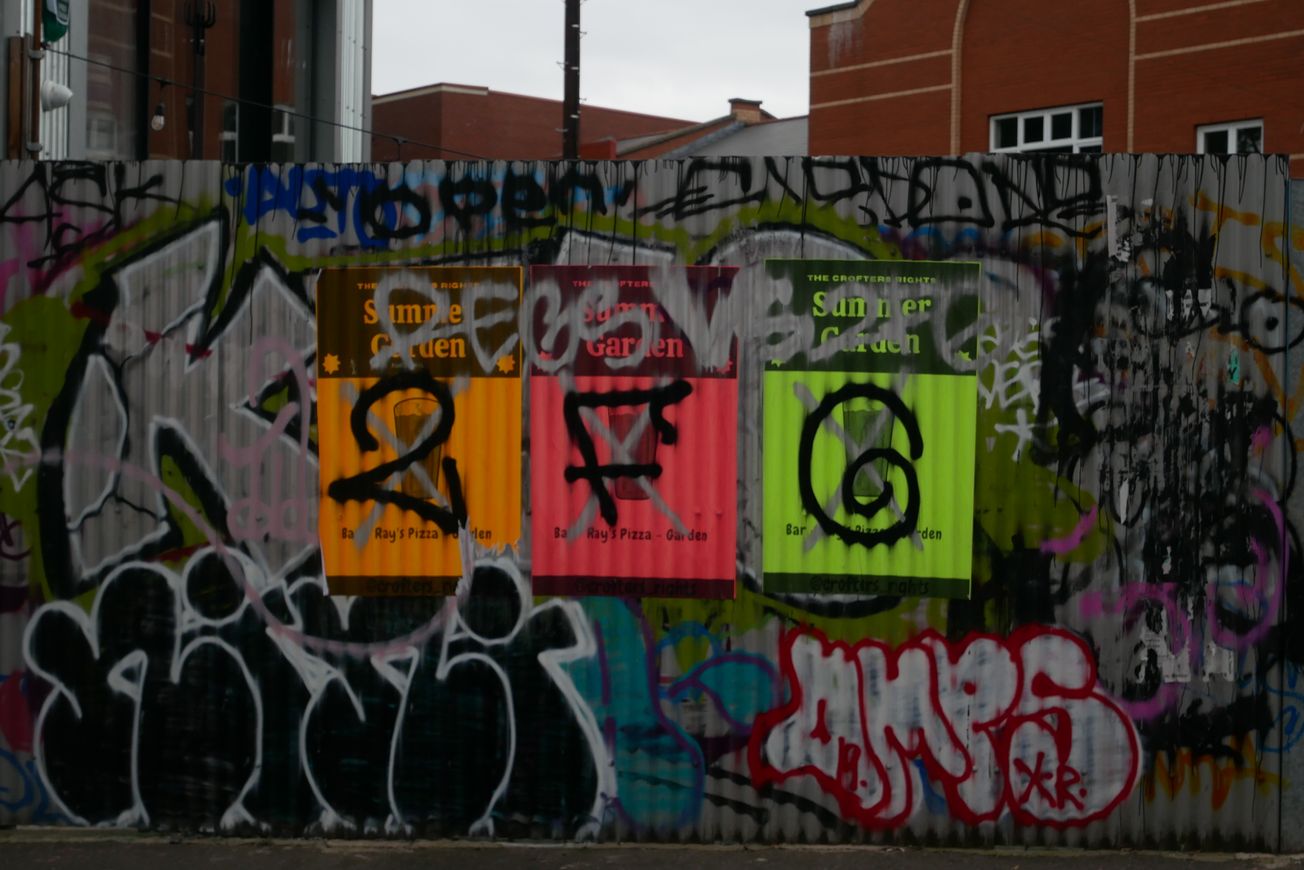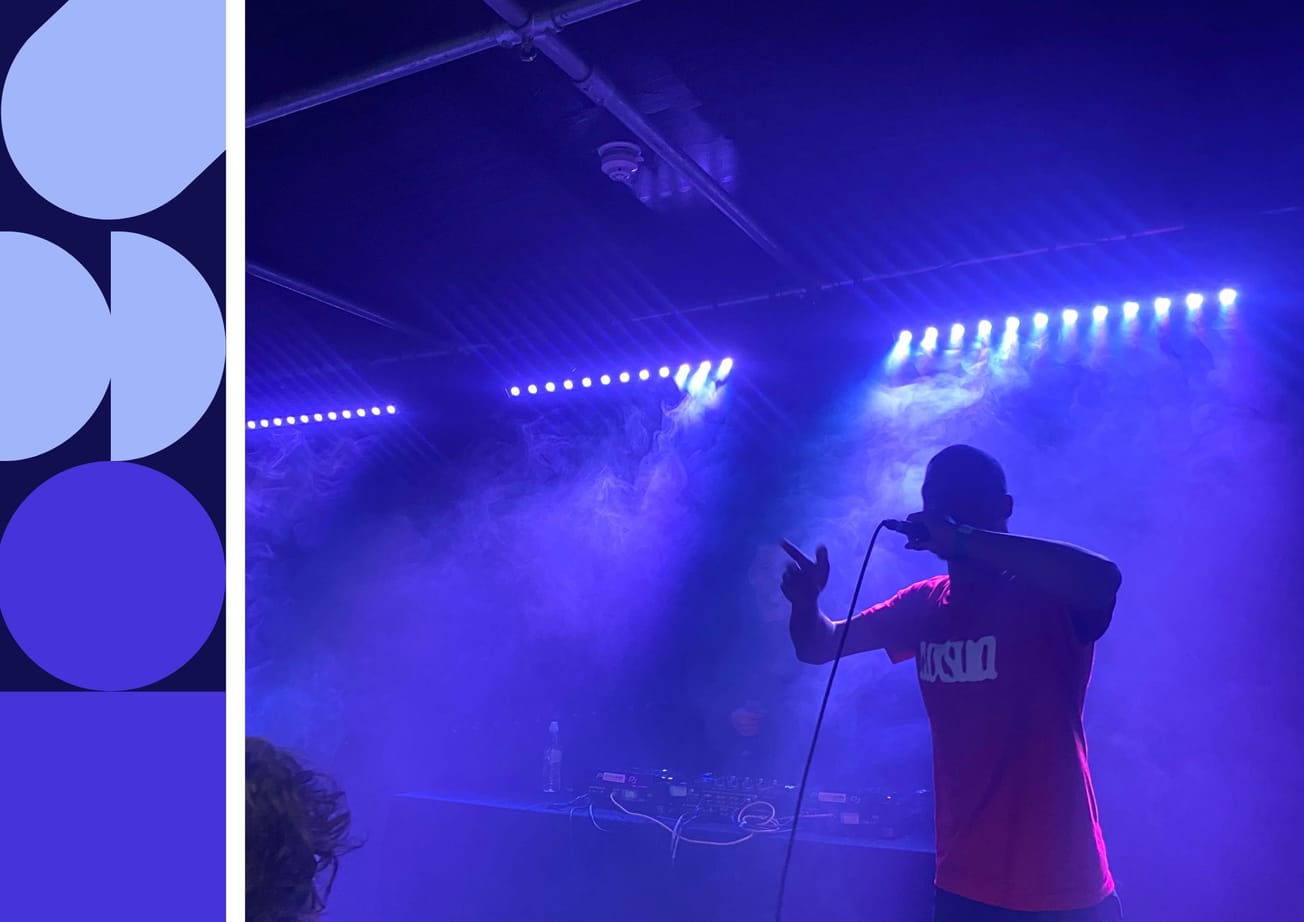By Lucas Arthur, Music Editor
LeftBank, a cosy jazz club tucked into Cheltenham Road, closed its doors in March. The club had been ‘struggling as a business before [the] crisis’ and felt that remaining open posed ‘too great a threat to public health’. This is unlikely to be the last pandemic related closure.
For such small venues, which comprise the majority of the city’s clubs, contending with 2 meters of social distancing, a maximum of 6 to a group and a 10PM curfew has proven difficult, particularly for those who were struggling prior to the pandemic. Venues like LeftBank which lack outdoor space were unable to adopt the wildly successful model of Lakota Gardens, where outdoor seating substitutes the lack of indoor capacity.
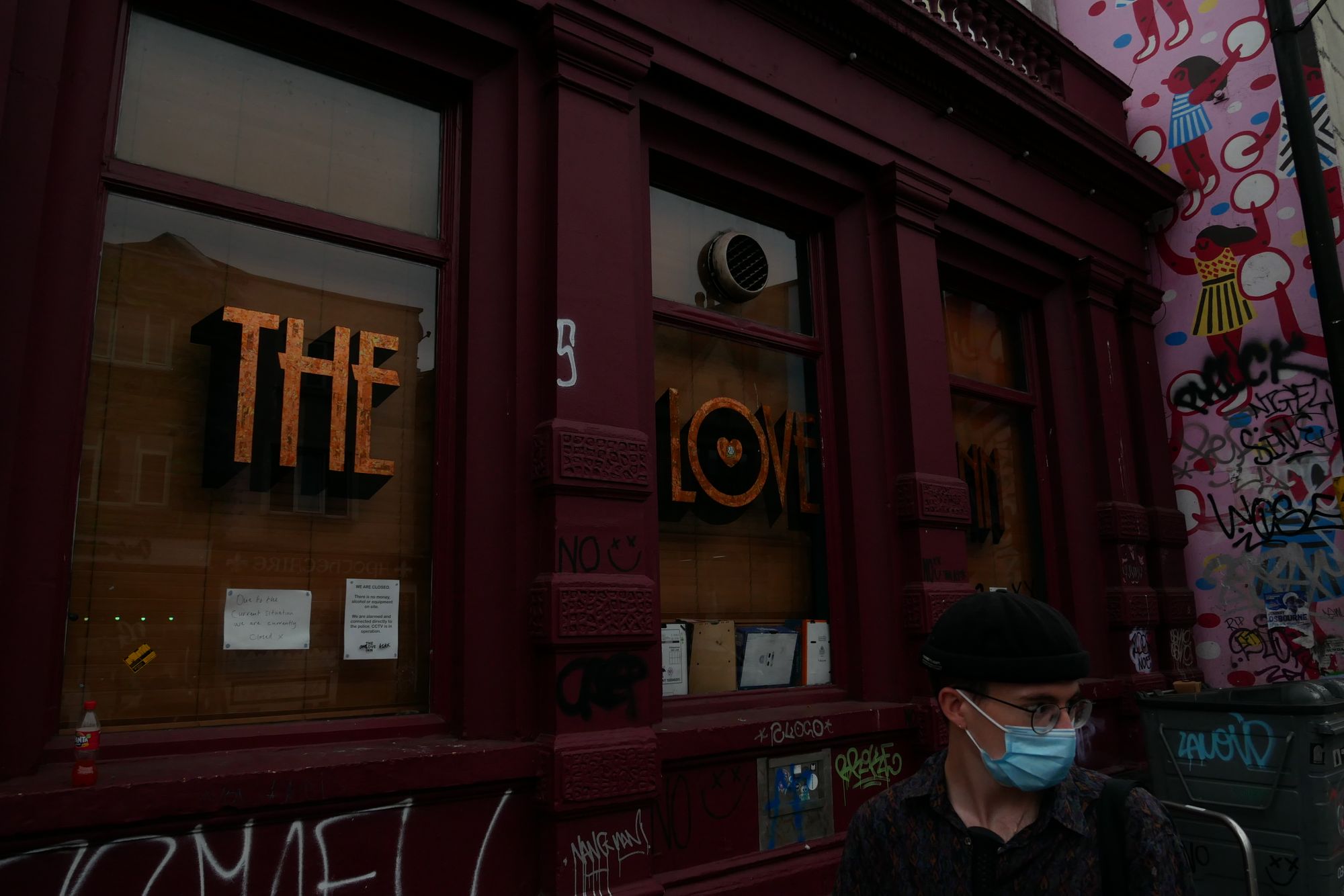
Some devised workarounds; The Love Inn, an intimate techno club in the heart of Stokes Croft, has collaborated with Breaking Bread to create a pop-up restaurant on the Clifton Downs, complete with live DJs. The Crofters Rights took to serving pizza and beer in ‘Crofters Garden’, a converted plot of land nearby, before partially reopening at the start of September. It now hosts ‘Sit Down Parties’ indoors, with limited seating.
Yet, despite adaptations, the majority of venues have been ‘left out to dry’ – reduced capacities and opening hours have placed immense strain on an already fragile sector of the local economy. The plight of venues, their staff and their owners has triggered an outpouring of support. Save Bristol Nightlife (SBN), a community Facebook page dedicated to supporting the cities night-time industry, is one such example. Since its foundation in 2017, the page has garnered over three thousand likes and endorsement from innumerable local businesses.
Pipe & Lovers, Clifton Downs #WeMakeEvents
Posted by Savebristolnightlife on Saturday, 24 October 2020
Speaking to Annie McGann, a founder and admin of the page, she stressed the personal cost of the pandemic: ‘I really worry for the mental health and wellbeing of people in our sector… The people who run pubs and venues, who have put their all into making their venues COVID safe, but who are struggling financially and mentally’.
The losses incurred by many venues have necessitated financial aid. The government’s Culture Recovery Fund has been hailed as a ‘lifeline’ for the sector: £1.5 Billion in grants was offered to England’s ‘Cultural Organisations’, with any business related to music, theatre, dance, combined arts, visual arts, museums, or literature eligible to receive funding, given that they applied by the 4th September.
Bristol's Cultural Organisations Awarded 'Lifeline' £6.7 Million Funding
A document shared by the SBN Hardcore Activists Group revealed the breakdown of the grants received by various Bristol music venues (See the article above for more). A total of £3,309,973 was granted to the city’s ‘music’ organisations, encompassing all facets of the industry: besides venues, management agencies, production companies and music publications all benefitted from the scheme. Bristol’s Crack Magazine, now an internationally acclaimed music journal, received over £125,000: it’s a reminder that hardships within the sector extend far past the obvious casualties.
The utility of the grants goes beyond merely bailing out the venues: Across the UK, the night-time entertainment industry contributes some £66 Billion to the UK economy. In Bristol alone, some 40,000 were employed in bars and clubs across the sector. A 2015 report identified 94 dedicated music venues across the city, bringing in £123 Million in revenues. ‘It’s not charity,’ says McGann - These are important contributors to the economy, apart from the fact that they are central to Bristol's culture and tourism industry… All the recipients are well deserving and have certainly paid enough in tax and business rates to see some of it [returned] in one form or another.’
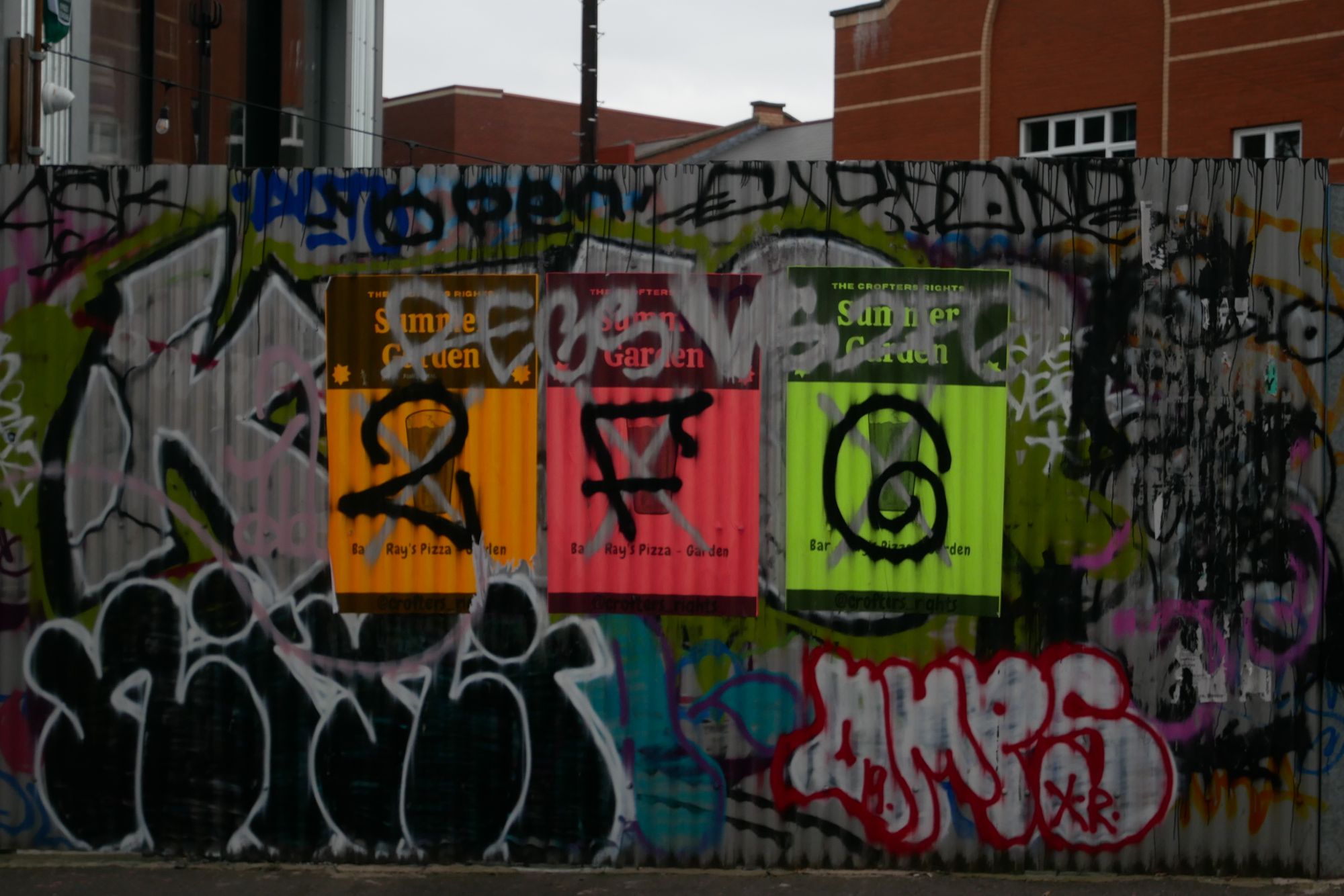
Not all of the venues that applied were as fortunate, highlighting the austerity that shrouds relief efforts at a national level: ‘There are quite a few venues that applied for funding and didn't get it.’ Still, ‘Bristol is luckier than it knows…’ attests McGann: While Westminster’s blanket contributions have been invaluable, Bristol’s local authorities have truly risen to the task of preserving the sector. ‘The council, council officers and admin have been absolutely amazing and supportive through this crisis – [they] have gone out of their way to be accommodating.’
Such glowing feedback may come as a surprise to some. The 10PM curfew, gaily imposed by Johnson with little academic basis, was met with widespread opposition from venues and punters alike. The burden of enforcing the curfew, along with social distancing measures and a raft of other restrictions, fell onto local authorities and the police; conflict seemed inevitable.
‘‘I know this doesn't go with the public's imagined narrative but it's true - It's not an us against them situation at all’’
Yet, McGann says that the relationship between venues and authorities has been exemplary: ‘I know this doesn't go with the public's imagined narrative but it's true - It's not an us against them situation at all. Behind the scenes there is communication and dozens of zoom calls.’ ‘Even the police have been pretty supportive, putting things right and giving advice before the venues reopened… From thousands of visits by the authorities, there have been very few places that have been in trouble.’
If anyone is deserving of criticism, it’s those that visit the venues. ‘Now, if we could just get the public to behave themselves we'd be fine,’ she jokes; ‘We have had some noise complaints even though the venues are closed - when people have loud parties, the venues get the blame even though they're shut - that always happens.’
In addition, staff often take the brunt of the public’s anger at new restrictions: ‘One of the things [SBN] will be chasing is for mental health support and conflict resolution training for staff and security in the bars on Park Street – they’re on the frontline of really sh*t behaviour from 'revellers'. It's hell out there.’
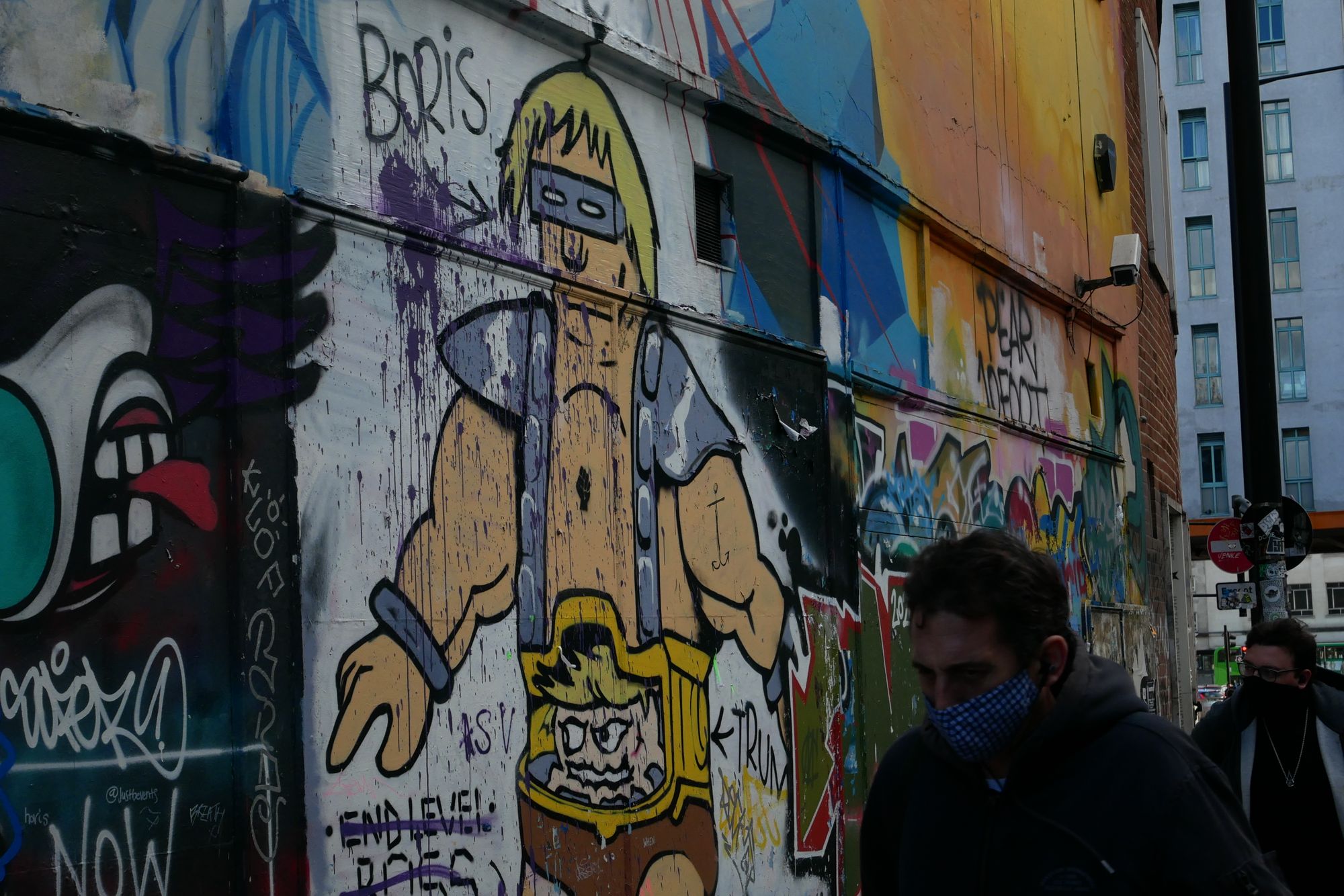
Nightlife under COVID is a matter of compromise and restraint, defined by its restrictions. The challenge for venues who wish to remain open will be to create something fun from within such a dismal set of parameters - Seated, table-serviced discos which end abruptly at 10 o’clock are here to stay. Even with compromises, surviving in this new climate is easier said than done. Independent venues, the very things that makes Bristol’s nightlife so unique, are marred by their minimal financial resources, and a further tightening of restrictions (Least of all, the threat of a ‘circuit breaker’ lockdown) will only worsen their chances of enduring the winter.
Given this, it’s reassuring to know that such vast systems of support are in place, through the government, local authorities and the city’s night-time community. While very little else seems certain, the love and pride put into Bristol’s nightlife is unlikely to wane.
Featured: Lucas Arthur - Epigram
How are you supporting Bristol's Nightlife? Could you do more?

